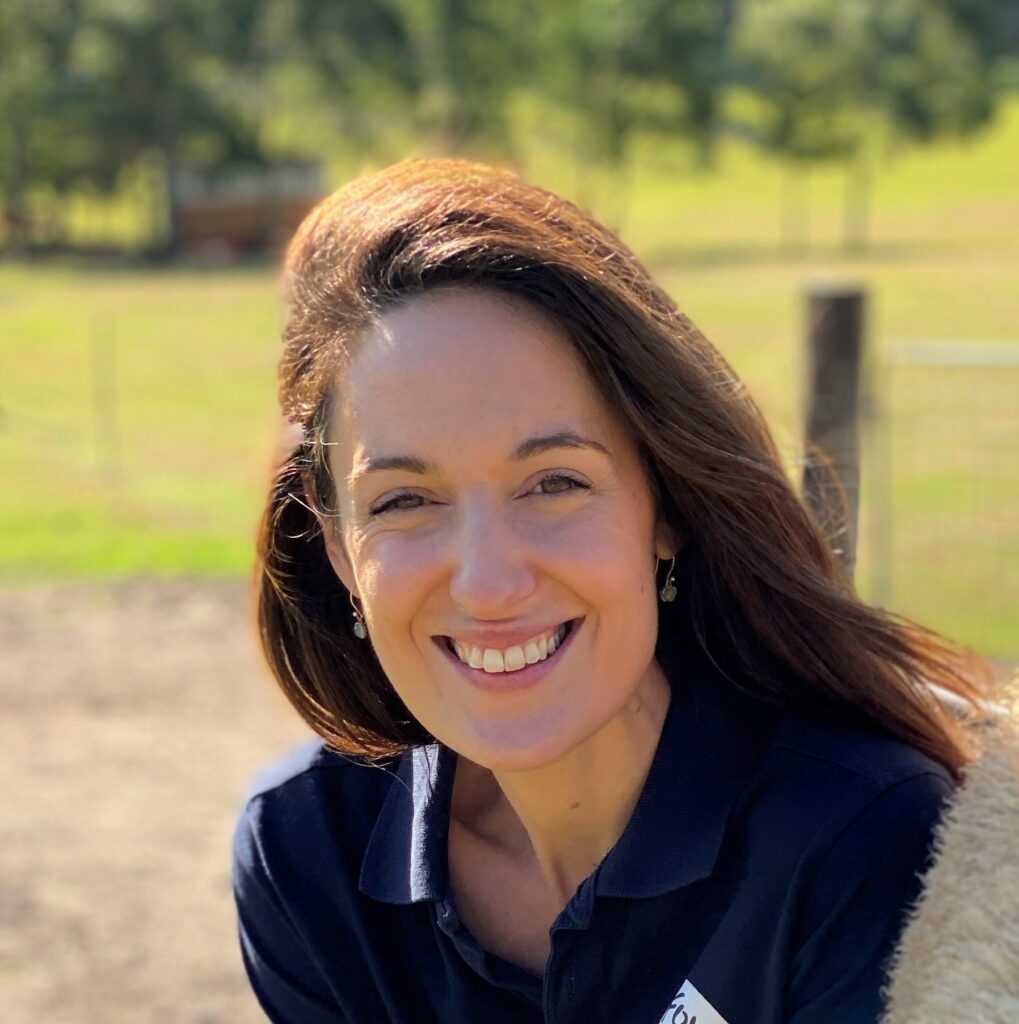Interview with Dr Marlene Kirchner & Jessica Medcalf – FOUR PAWS
Only a small percentage of animal-derived fibres used in the textile industry are currently certified according to animal welfare standards. We spoke with Dr Marlene Kirchner, a veterinarian and the lead expert on farm animals and nutrition at FOUR PAWS, and Jessica Medcalf, the organisation’s global corporate engagement manager, about the sensitive topic of animal welfare in fashion.

FOUR PAWS is passionate about animal welfare in the textile industry and making consumers aware of animal-friendly fashion. What exactly do you want to achieve?
Our vision at FOUR PAWS is a world where animal-friendly fashion is the only kind of fashion, and we do this by focussing on encouraging brands to be transparent and accountable. We know this will lead to a positive change. We are “at the table”, provide value and support, and are a critical friend to the fashion industry. We believe that highlighting good and bad practices, encouraging the development of robust certification initiatives, and mobilising consumers are all important components of achieving change.

Does animal cruelty occur in all animal-based fibre industries?
Cruelty can be found in all animal-fibre industries, but only a tiny proportion of industry members currently provide any level of transparency about their animal welfare standards. This is what we are trying to change so that poor standards of animal welfare are no longer hidden. Also, legislation can help to set frameworks and improve animal welfare. However, companies should not wait to change aversive farming practices and minimum requirements that do not prevent animal cruelty.
Which problems of animal welfare are inherent to cashmere production?
Many of the goats’ basic needs might be neglected, including access to adequate food, pasturing, and exploring; unlimited access to water and veterinary care; and the chance to express natural and social behaviours and to experience positive mental states. Goats are also often subject to cruel practices, for example painful mutilations that are carried out without appropriate anaesthesia and pain relief. Goats can be transported long distances in inhumane conditions, and they are commonly slaughtered without prior stunning. Throughout their lives, they repeatedly suffer a painful and stressful hair removal process that involves the goat’s legs being tied together. Shearing and combing can cause injuries to the goat’s skin, causing pain and infection. Being forcefully held or tied in a recumbent position for the duration of hair removal is incredibly stressful for the animals, particularly for pregnant goats, and can cause physical harm to both the nanny and the unborn kid. If the goats are shorn during cold weather, some may die due to the sudden exposure caused by removing their undercoat as they are lacking evenly distributed body fat.
In 2020, the Aid by Trade Foundation introduced The Good Cashmere Standard as the world’s first standard for sustainably produced cashmere from Inner Mongolia. What are the most important aspects of animal welfare when it comes to textile standards?
FOUR PAWS encourages standards owners to follow the Five Domains model of animal welfare, which
considers how the environment, nutrition, health, and behavioural interactions, including those with humans, impact the animals’ mental state. The ultimate goal is to ensure an animal has a good mental state, and a holistic approach must be undertaken to achieve this. Correspondingly, the standards should ensure that the basic needs of animals are met, species-specific resources are provided, and cruel farming practices that cause pain, suffering, and distress are abandoned.
What can retailers and brands do to improve animal welfare during the production of animalderived fibres?
Unfortunately, brands and retailers do not have animal welfare scientists within their teams, and while
some do try to connect directly with the suppliers in their value chain, most brands rely on certifications. Using a higher quality certification such as The Good Cashmere Standard is a wonderful way to start! Most of the other certifications available today for the various animal-based fibres really are not ensuring an adequate level of animal welfare. So, we want to see brands not only utilising the certifications available but also working with and supporting standards owners to raise the bar.
Which actions is FOUR PAWS adopting to improve animal welfare in the fashion industry, especially in terms of helping consumers to make informed choices?
“Wear it Kind” is our umbrella fashion programme, an initiative designed to support and catalyse more
compassion in fashion. It works to ensure that an excellent level of animal welfare is provided to the
animals used within all major fibre supply chains. Through this programme, we primarily engage and
educate brands, retailers, and consumers. However, we also participate in standards development processes and engage at all levels within the industry. FOUR PAWS is also consulting for groups like the OECD and the Dutch government’s IMVO textile partnership.
